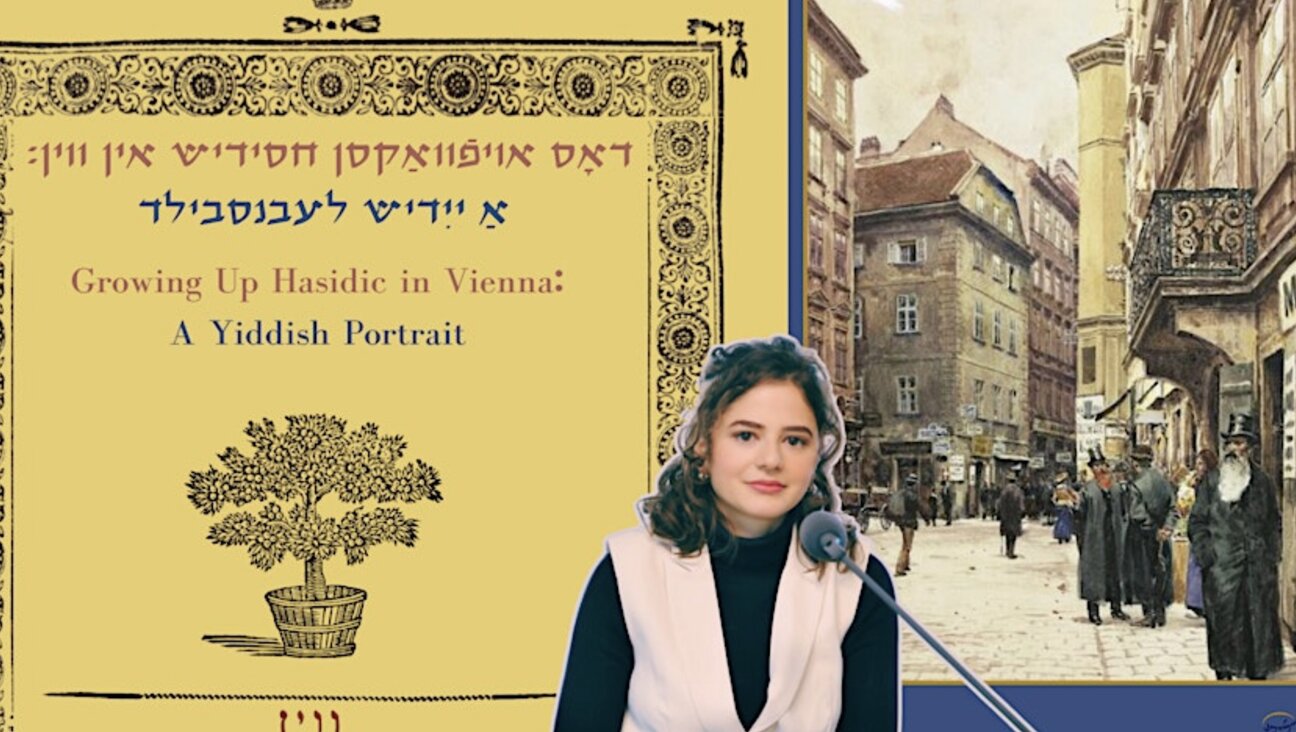Full Cycle: Celebrating 2,711 Days of Text Study
On March 1, tens of thousands of Jews will join together to celebrate an event called the Siyum HaShas at numerous locations across the country, including New York’s Madison Square Garden. This celebration marks the completion of the entire Babylonian Talmud, a culmination of seven-and-one-half years of study at an inexorable page-a-day pace, known in Hebrew as Daf Yomi.
One might well expect those learning of the Siyum for the first time to regard it as a largely internal Orthodox affair, with little relevance to those in the broader Jewish world. But that would be unfortunate, because the Siyum and its accompanying celebratory goings-on ought to be viewed by thoughtful Jews of every stripe as a deeply meaningful source of Jewish pride.
Consider: Tens of thousands of men, women and children, from grade schoolers to senior citizens, will converge on these venues to celebrate… the study of a book. Actually, scores of very large books, with very small print (and virtually no pictures, either). If ever there was an event that honors those quintessentially Jewish values of study, intellectual inquiry and the free marketplace of ideas, that exalts the life of the mind as pre-eminent, it is this Siyum.
It is not only intellectualism that will be paid homage that evening, but also the value of individual achievement, of setting and attaining hugely ambitious, long-term goals. The phrase “seven-year, page-a-day cycle” is easy enough to say, but try living it for even one month. Those assembled will be paying tribute to the thousands of individual Jews, the vast majority of them working folk of collars both white and blue, who, day in and day out, use either the early morning, the evening after a long workday or their precious lunch break to study their daily quota.
And that’s study, not read. Essays introducing the Talmud often wax lyrical about the multifarious breadth of this masterwork, and that’s certainly so. But one cannot “read” the Talmud any more than one can kick back, beer in hand, to peruse the Internal Revenue Code. The lion’s share of the Talmud’s thousands of pages constitute what one great scholar termed a “brain-grinding tool,” involving the very highest levels of intellectual abstraction and requiring laser-focused concentration and fierce determination to navigate even minimally. We speak here, of course, of Talmud study at its most basic, with only the great commentator Rashi as our guide; it gets far more complex as one wades into the multiple levels of commentary on every line of the text (appearing in even smaller print!). And it is written in a maddeningly abstruse mix of Hebrew and Aramaic that contains not a trace of punctuation or vowel marks, to boot. Are we having fun yet?
In truth, however, studying Talmud is great fun. There’s something exhilarating about challenging yourself on a daily basis — not just your brawn, at the local gym, nor just your fund of trivia, by doing The Times crossword puzzle (conspicuously in pen, of course) — but all of you: your brain, your memory, your preconceptions, your stamina, your commitment. Especially your commitment, because the pace is inexorable, at times even grueling, and taking even a week’s break means you’re now seven long, intricate pages behind, which in Daf Yomi terms is an eternity.
But there’s more. The Siyum is not only a massive ode to achievement, but, in the main, to other people’s achievements, and that, in our self-centered society, is a refreshing rarity. For though hundreds of individuals will indeed be completing the entire Talmud, they will be vastly outnumbered by the many thousands more who will be there because, as one participant at the last such celebration put it, “When your brother makes a wedding, you dance as if it’s your own.” In its broader sense, the Siyum is a salute to every Jew, man or woman, of any age, walk of life or religious orientation who is embarked on the journey to knowledge of Torah, and ultimately of self, that our tradition regards as among the greatest of mitzvahs.
And that brings us back to why this milestone ought to spark the interest of Jews of every persuasion. In our increasingly fragmented Jewish world, whose diverse camps can’t even agree on the definition of basic Judaic concepts, we need all the unifying opportunities we can find, and this surely ranks among the best of those. That’s because beyond its religious significance and its embodiment of time-honored Jewish values of study, achievement and idealism, the core idea underlying the Daf Yomi is that of Torah as a unifying force.
Some years back, there were initiatives in Chicago and elsewhere to get citizens city-wide reading the same book at the same time — it began with “To Kill a Mockingbird,” as I recall — thereby fostering an intellectual conversation across societal divides such as class and race. The Daf Yomi program is that and so much more. Not a place — it spans the globe; not a time — one can study the Talmud in person, via phone, the Internet, short-wave radio; but a vehicle for bankers and bakers, athletes and aesthetes and all the rest, to come together to explore the riches of four millennia of Jewish brilliance.
Our Jewish problem these days isn’t that we don’t listen to each other talking; it’s that we don’t even speak the same language anymore. Torah, which gets its gala on March 1, can be that lingua franca.
Eytan Kobre is an attorney active in Jewish communal affairs, and will be in Madison Square Garden on March 1, looking for an instant replay of the last line of the Talmud.















